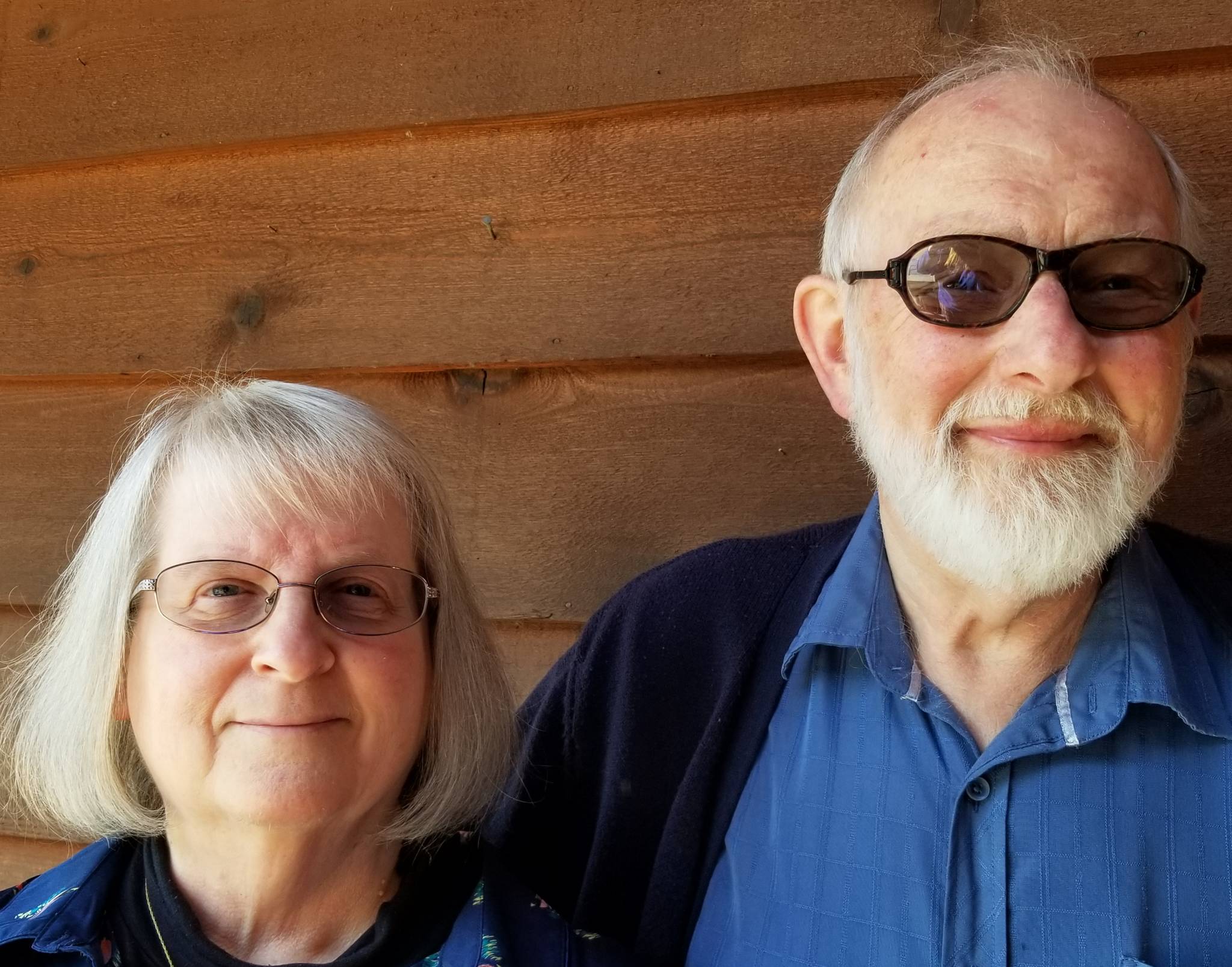Roses are symbols of beauty, yet their thorns inflict pain! For many of us, our depth, love, compassion and caring have bloomed because of the thorns that stem from our lives.
Society frequently sees weakness as failure. The reality that power is made perfect in weakness is often ignored as the hunger for power, authority and control are promised as the way to success.
Our goal need not be to rid ourselves of all thorns, but to rely on God’s grace and let compassion and love guide us through difficult realities. Faith does not mean the absence of thorns, but rather an avenue for growth. History reveals that many, who helped shape society, lived with or through their own difficult realities. Their weaknesses became a source of strength.
The Apostle Paul often came across as strong and boastful. Yet his own struggles with weakness defined his life. In II Corinthians 11:30 he said, “If I must boast, I will boast of the things that show my weakness.” Whatever Paul’s thorn in the flesh was, he understood that “his power was made perfect in weakness,” II Corinthians 12:9.
Weakness is frequently our best teacher. Our painful burdens and vulnerabilities can open doors for growth and discovery. People who see themselves as strong and in control are usually not teachable. Growth in faith and life occur when we are living with painful realities (thorns in the flesh). Many of us carry painful burdens (thorns) unique to us that help us become insightful and compassionate.
A parishioner in the life of our congregation was one of privilege and power. He was strong, boastful, arrogant, and the center of his universe. He made policy decisions that were often harmful to the weak. He was a “jet setter” who wielded great influence. He used people, including family and friends, yet people sought to be under the umbrella of his influence.
Then one day he had a major health crisis that dramatically changed his life. He became wheelchair bound. His intellect was intact, but his ability to speak was limited. Suddenly he was weak, vulnerable, lost influence and was ignored by the powerful. His pain (thorns) redefined his life. In the process, he bloomed into a humble, gentle, compassionate and loving person (rose).
We are a society focused on strength. Strength is a good thing, but if strength is defined as, “I’m right and you’re wrong,” it becomes a weakness. Great strength can do great harm. When strength is abused, those perceived to be weak become victims of abuse, misunderstanding, neglect and even outright hatred. Seeing weakness as failure can justify harmful attitudes and behaviors. We see this danger in the political realm where those defined as weak often become the victims of cuts and harsher realities.
Strength and weakness appear to be opposites, but they need each other. Society cannot find love, unity, compassion and a sense of oneness without the cooperation of strength and weakness. In all areas of relationship, weakness and strength need to work together for the good of all people.
For the good of all people, may our differences not make us enemies. May the weak be lifted up and see themselves as God’s beloved and cared for people. May we bloom as we all work together with humility and humbleness using our strengths and weaknesses to heal and unify our community, state, nation and world.
The Rev. Larry Rorem is a retired Evangelical Lutheran Church in America pastor living in Juneau. Laura and Larry Rorem are members of Resurrection Lutheran Church and are advocates for the least of these. “Living Growing” is a weekly column written by different authors and submitted by local clergy and spiritual leaders.

